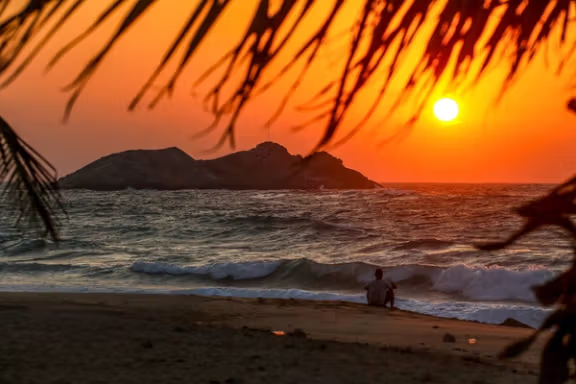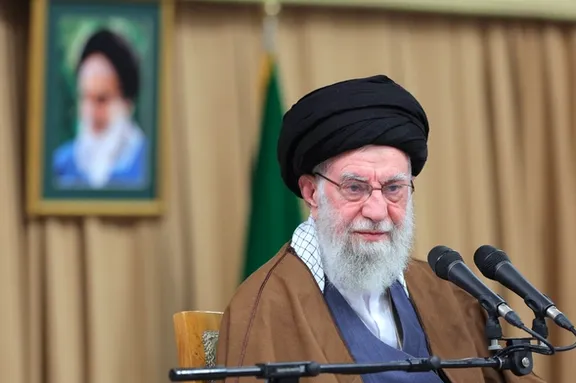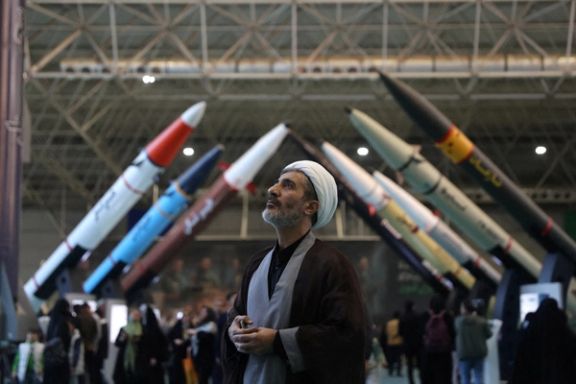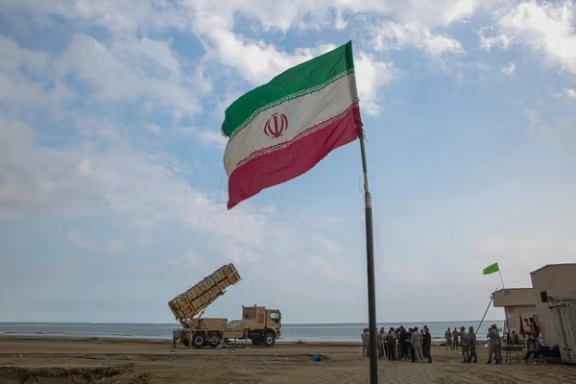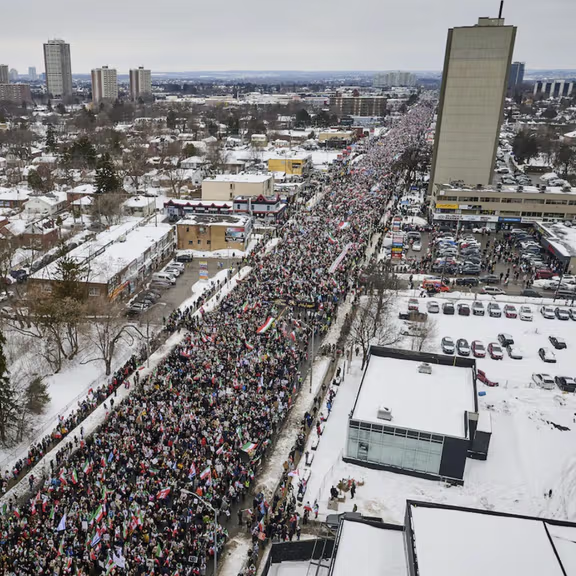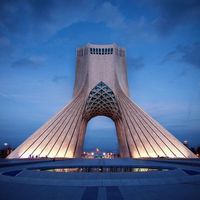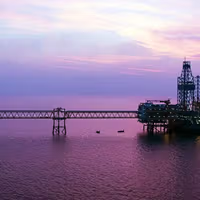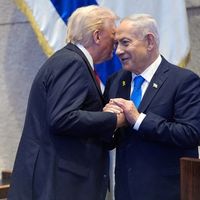From steadfast loyalists of the Islamic Republic to secular, pro-Western dissidents, the response was swift and fierce.
To Iranians, these islands are not bargaining chips in regional diplomacy; they are emblems of sovereignty, woven into the texture of national identity. Yet, once again, Europe misjudged the sensitivities of the very society it claims to champion.
Greater Tunb, Lesser Tunb, and Abu Musa islands have been held by Tehran since 1971 after the withdrawal of British forces from the Persian Gulf. They are claimed by the United Arab Emirates, but voices across the Iranian political spectrum reject that.
In a joint statement last month, the European Union and the Gulf Cooperation Council (GCC) urged a peaceful settlement to the issue or its referral to the International Court of Justice.
Iran rejected the statement and summoned European ambassadors in protest.
For decades, Western policymakers have oscillated between containment and engagement, human-rights advocacy and strategic pragmatism—without ever truly understanding the national psyche that binds Iranians together across divides of religion and ideology.
Unlike many post-Ottoman or post-colonial societies in the region, Iran is defined by a deep sense of civilizational continuity. Its modern nationalism did not arise from a struggle to unite disparate tribes but from the preservation of a centuries-old cultural identity.
This makes Iran simultaneously ancient and modern, conservative and revolutionary. It also explains why gestures that seem minor to outsiders—like the choice of a name for the Persian Gulf—carry profound symbolic weight.
‘Sing O’Iran’
Even the Islamic Republic, which for decades has relied on religious and ideological slogans to sustain its legitimacy, instinctively recognizes the power of this sentiment when under pressure.
During the recent Israeli strikes that killed several senior Revolutionary Guards commanders, authorities abruptly set aside their usual religious fervor for overt nationalism.
The defining moment came when Supreme Leader Ali Khamenei asked his official singer to perform “O Iran”—a patriotic anthem long shunned by the clerical establishment. The symbolism wasn’t lost on Iran’s rivals either.
In Persian-language media, Prime Minister Benjamin Netanyahu repeatedly invoked Iran’s ancient civilization, cited Cyrus the Great, and emphasized Israel’s respect for Iran’s territorial integrity—appealing to the very patriotic pride that Western leaders too often misjudge or inadvertently offend.
Missing solidarity
Paradoxically, Iran stands apart from many of its neighbors: its rulers are among the most radical, but its society is among the most secular, Western-oriented and civic-minded.
Yet Western governments have repeatedly failed to connect with this civic energy. Whether through regime change or gradual reform, they have struggled to earn the trust of Iran’s secular opposition.
The 2009 Green Movement remains a turning point. When millions of protesters urged Barack Obama to choose between them and the Islamic Republic, his muted rhetoric on the demonstrations disappointed many.
The protests were crushed, and many Iranians concluded that the West had chosen stability over solidarity. Since then, the credibility gap has only widened.
Cultural identity
Even well-intentioned human-rights initiatives often reinforce that mistrust.
A sprawling network of NGOs and advocacy groups—mostly funded by Western grants—has created a class of professional activists in exile. Their reports, while often accurate, tend to mirror donor expectations more than the full complexity of Iranian society.
The result is an echo chamber: the West hears what it already believes, rather than what Iranians are actually saying.
Western analysts often interpret Iran through Europe’s own historical lens, where nationalism emerged from state formation. But Iran’s identity long predates its state; its nationalism is cultural before it is political.
Academic frameworks focused on ethnic fragmentation or postcolonial grievance may resonate in Western circles but often alienate Iranians who see their struggle as a defense of national unity against a theocratic ideology.
Respect, not rescue
The traumas of Syria and Libya have further reinforced this anxiety—to the extent that some Iranian dissidents fear disintegration more than continued authoritarianism.
Every Western statement that appears to question Iran’s territorial integrity deepens that fear, and Tehran eagerly exploits it to portray reformists and protesters as tools of foreign powers.
If the West truly seeks to engage Iran’s people, confronting this psychological reality head-on is essential. The recent EU-GCC statement did the opposite, alienating the very voices the West claims to support.
For all its complexities, Iran remains a nation profoundly open to the world. Most Iranians dream not of isolation but of reintegration—of restoring Iran’s place as a proud, responsible member of the international community.
Its dissidents seek fundamental change to Iran’s rule, not its soul. Most welcome solidarity if it comes with dignity, not domination—and strive for respect, not rescue.
